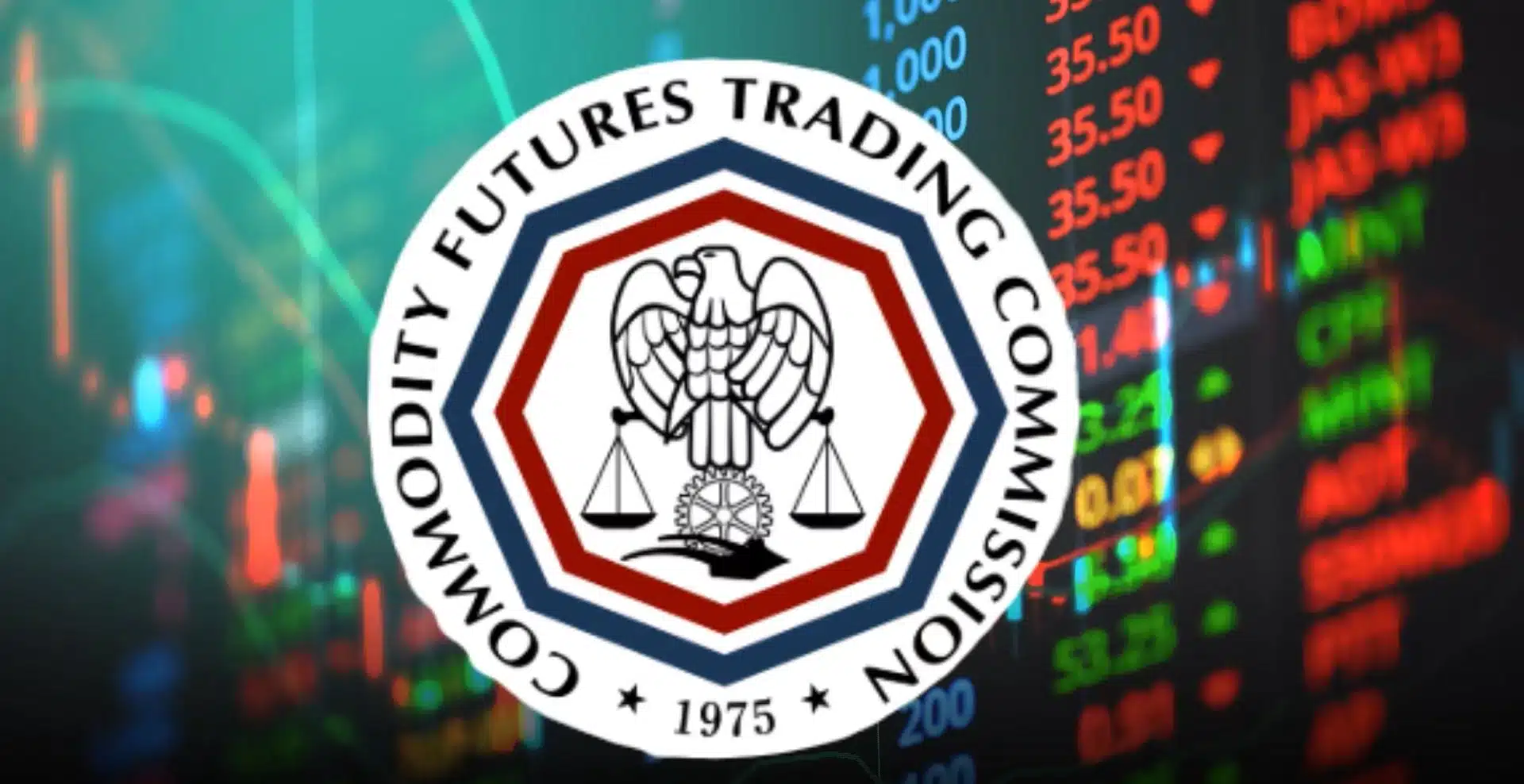- CFTC gains power over crypto, shifting from SEC’s control.
- Uniswap activates fee switch, boosting tokenholder benefits amid regulatory change.
- Bitcoin adoption grows, while stablecoins dominate daily transactions.
According to Jeff Park, Partner and Chief Investment Officer at ProCap BTC, the proposed U.S. crypto market structure bill clearly signals a shift in regulatory oversight, with the Commodity Futures Trading Commission (CFTC) taking on a more prominent role.
Park shared these insights in a recent podcast with Anthony Pompliano, highlighting the implications of this shift. The bill, he notes, is likely to reduce the power of the Securities and Exchange Commission (SEC) in favor of the CFTC, aligning more closely with the core functions of the crypto market.
Park emphasized that the CFTC’s mandate is better suited to address the dynamic nature of cryptocurrencies, particularly their focus on capital efficiency, derivatives, leverage, and financial innovation.
He explained that cryptocurrencies resemble a global commodity market more than a traditional domestic securities market, which positions the CFTC as a more natural fit for oversight. This regulatory clarity, Park believes, will pave the way for new advancements in decentralized finance (DeFi), enabling developers to move forward with previously stalled projects due to SEC pressure.
Also Read: Uniswap Introduces Continuous Clearing Auctions (CCA) to Revolutionize Token Liquidity
Uniswap’s Fee Switch Marks a Significant Step for DeFi
In addition to the legislative developments, Park discussed Uniswap’s long-awaited decision to activate its fee switch. This update enables the protocol to allocate fees to UNI token holders, marking a momentous shift in its tokenomics.
Park noted that although Uniswap has facilitated trillions of dollars in transactions, regulatory uncertainty has prevented it from distributing revenue to its token holders. With this move, he believes that a clearer regulatory framework, particularly one favoring CFTC oversight, will enable similar developments across the DeFi space.
The shift in regulatory power, Park suggests, will likely encourage more proactive and transformative updates in DeFi protocols, unlocking a wave of new features that were previously hindered by regulatory concerns. This development is poised to foster innovation in a sector that has long struggled with ambiguous regulatory guidelines.
Bitcoin and Stablecoins: The Changing Landscape of Digital Payments
The conversation also touched on Square’s recent move to allow merchants to accept Bitcoin and stablecoins. While Park welcomed the broader utility of Bitcoin, he cautioned against using it for everyday micro-transactions, such as coffee. Recalling the regret of early Bitcoin spenders, Park argued that Bitcoin’s value proposition is better suited for larger transactions, such as home purchases.
However, Park also acknowledged the growing role of stablecoins, which he believes have effectively taken over the medium-of-exchange function that Bitcoin was originally designed for. Despite this, Square’s integration of Bitcoin into merchant payments could have a secondary effect.
Park suggested that more businesses may start holding Bitcoin on their balance sheets, creating a scenario where small businesses accumulate significant Bitcoin reserves. This shift, in turn, could strengthen their financial resilience over the long term, especially if Bitcoin’s price continues to rise.
